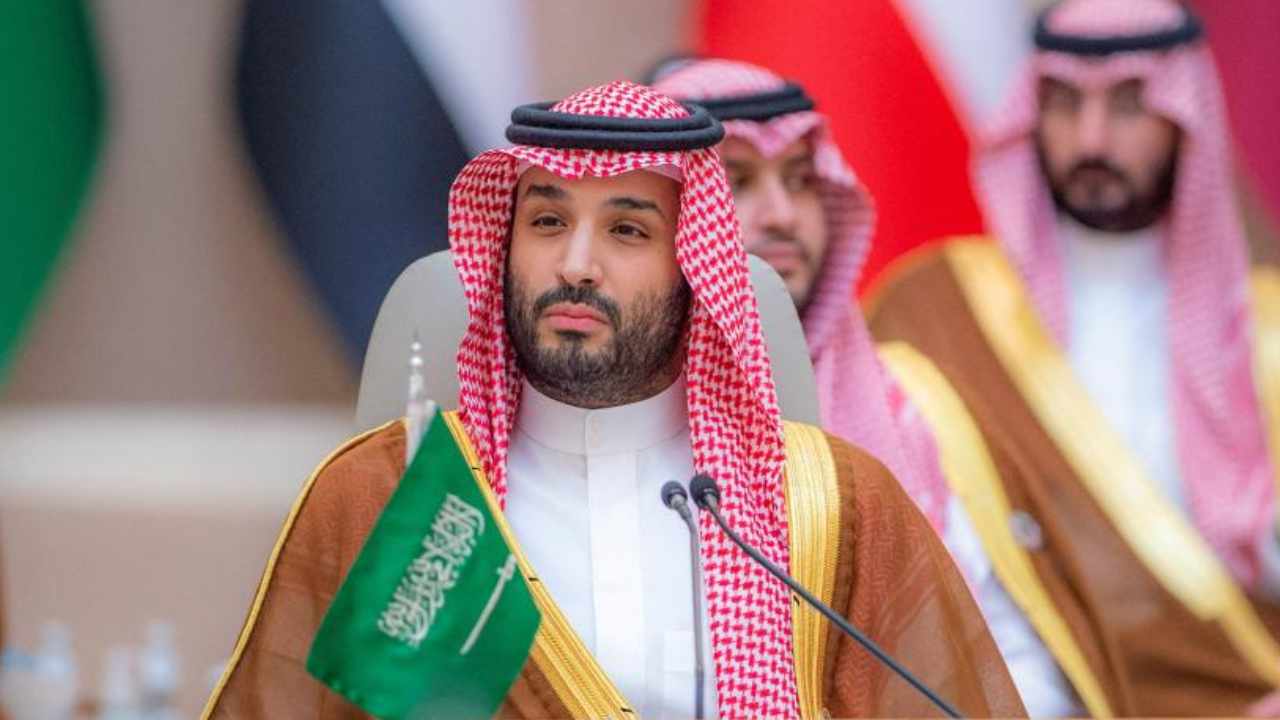BRICS: Saudi Arabia Delays Entry Amid Fears of Angering the U.S.
11.05.2025 9:00 1 min. read Alexander Stefanov
Despite attending a recent BRICS gathering in Brazil and being listed as a member on the group’s website, Saudi Arabia is reportedly holding off on formalizing its participation in the economic alliance.
Sources familiar with the matter told Reuters that Riyadh is treading carefully to avoid provoking Washington.
The hesitation underscores Saudi Arabia’s delicate balancing act between two powerful partners: China, its largest oil buyer, and the United States, its key supplier of arms and advanced technologies. At stake is a potential $100 billion weapons deal with the U.S., a relationship Riyadh is unlikely to jeopardize.
BRICS, originally founded in 2009 by Brazil, Russia, India, China, and South Africa, has been expanding its footprint. Last year, new members like Iran, Egypt, the UAE, and Ethiopia joined in a push to counter Western economic dominance. However, talk of developing a shared currency has raised alarms in Washington.
President Donald Trump, now leading the charge for a second term, has threatened to impose 100% tariffs on BRICS nations if they attempt to create an alternative to the U.S. dollar. In a December statement, he warned that any challenge to dollar supremacy would be met with severe trade penalties.
With tensions mounting over global economic alignments, Saudi Arabia appears in no rush to escalate a potential standoff—choosing, for now, to play it safe.
-
1
Robert Kiyosaki Predicts 2025 “Super-Crash,” Urges Hoarding Gold, Silver, and Bitcoin
23.06.2025 13:31 2 min. read -
2
Billionaire Slams Meme Stock Hype and Sounds Alarm on U.S. Fiscal Health
15.06.2025 18:00 2 min. read -
3
Billionaire Investor Sees Dollar Crash If Key Support Breaks
18.06.2025 15:00 1 min. read -
4
Nassim Taleb Says Global Trust Is Shifting from the Dollar to Gold
22.06.2025 17:00 1 min. read -
5
Geopolitical Shockwaves Hit Ethereum Hard While Bitcoin Stays Resilient
22.06.2025 16:21 1 min. read
Robert Kiyosaki Predicts When The Price of Silver Will Explode
Robert Kiyosaki, author of Rich Dad Poor Dad, has issued a bold prediction on silver, calling it the “best asymmetric buy” currently available.
U.S. PCE Inflation Rises for First Time Since February, Fed Rate Cut Likely Delayed
Fresh data on Personal Consumption Expenditures (PCE) — the Federal Reserve’s preferred inflation gauge — shows inflation ticked higher in May, potentially delaying the long-awaited Fed rate cut into September or later.
Trump Targets Powell as Fed Holds Rates: Who Could Replace Him?
Federal Reserve Chair Jerome Powell is once again under fire, this time facing renewed criticism from Donald Trump over the Fed’s decision to hold interest rates steady in June.
U.S. National Debt Surge Could Trigger a Major Crisis, Says Ray Dalio
Billionaire investor Ray Dalio has sounded the alarm over America’s soaring national debt, warning of a looming economic crisis if no action is taken.
-
1
Robert Kiyosaki Predicts 2025 “Super-Crash,” Urges Hoarding Gold, Silver, and Bitcoin
23.06.2025 13:31 2 min. read -
2
Billionaire Slams Meme Stock Hype and Sounds Alarm on U.S. Fiscal Health
15.06.2025 18:00 2 min. read -
3
Billionaire Investor Sees Dollar Crash If Key Support Breaks
18.06.2025 15:00 1 min. read -
4
Nassim Taleb Says Global Trust Is Shifting from the Dollar to Gold
22.06.2025 17:00 1 min. read -
5
Geopolitical Shockwaves Hit Ethereum Hard While Bitcoin Stays Resilient
22.06.2025 16:21 1 min. read


